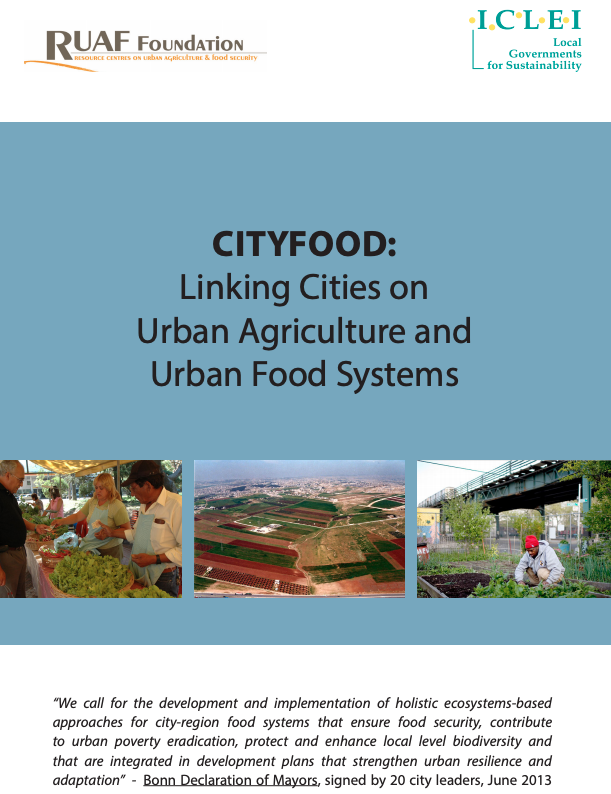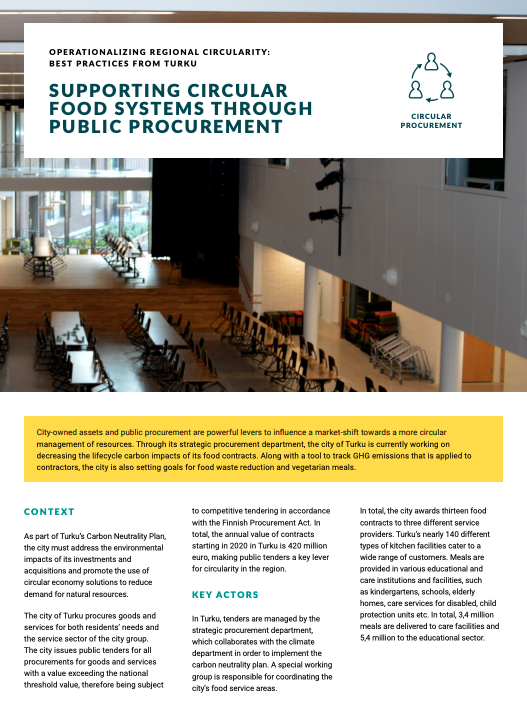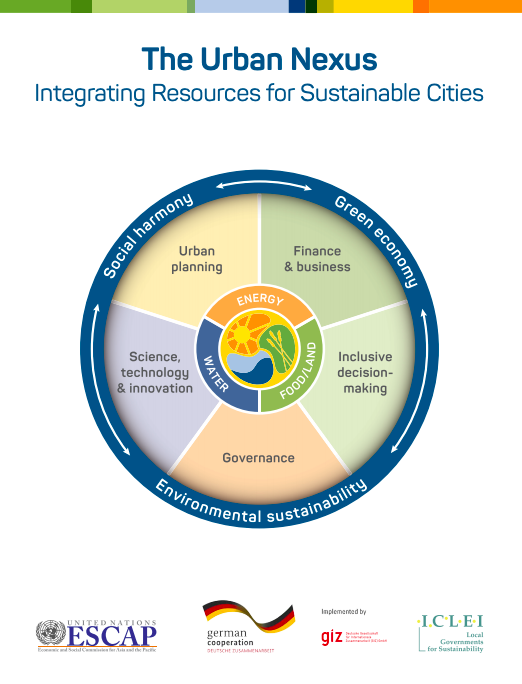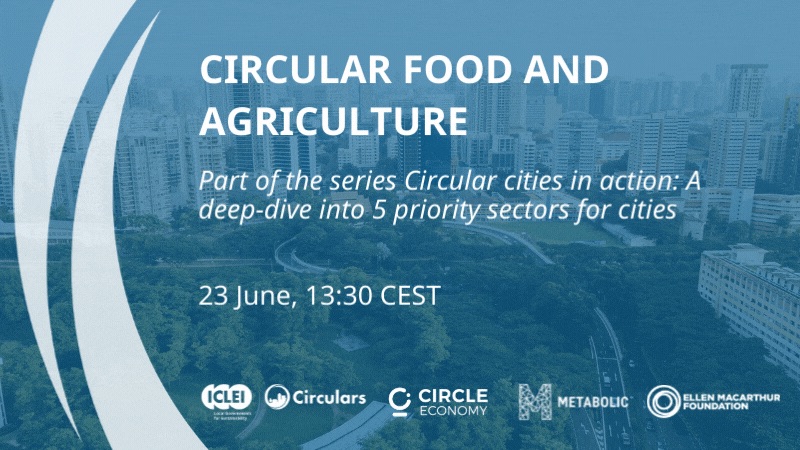Guia para gestores públicos: Sistemas alimentares circulares na América Latina
Este guia fornece aos governos locais da América Latina ferramentas concretas que seus colegas estão utilizando para facilitar a transição para sistemas alimentares circulares em suas cidades, desde o engajamento das partes interessadas até o desenho de políticas públicas eficazes.
Baseia-se nas experiências da rede ICLEI e seu caminho para o Desenvolvimento Circular, de experiências do Programa CityFood e dos projetos desenvolvidos pelo ICLEI com suas cidades membros e não-membros em parceria com instituições de referência, além das boas práticas do Pacto Urbano de Política Alimentar de Milão. Esta publicação é destinada à administração pública da América Latina e Caribe. O ICLEI e a FAO trabalharam conjuntamente para adaptar este guia ao contexto da região.





